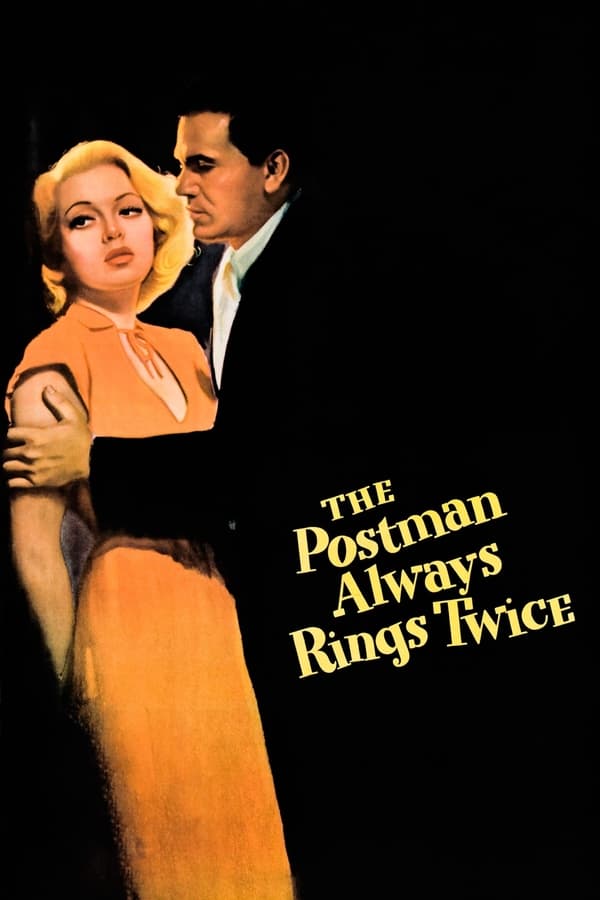Trailer
Toggle light
Comments
129 Views
Report
FavoriteIf current server doesn't work please try other servers below.
Server
Vidsrc
Server
1080P Only No ads
Server
GD
Server
StreamBucket

Oppenheimer 2023 Online Full Movie
Oppenheimer: A Story of Science and Consequences
In 1926, 22-year-old doctoral student J. Robert Oppenheimer embarks on a journey of discovery as he studies experimental quantum physics under Patrick Blackett at the University of Cambridge in England. Despite feeling anxious and homesick, Oppenheimer immerses himself in his studies, eager to unravel the mysteries of the universe.
Similar Content
Oppenheimer’s Academic Pursuits and Personal Turmoil
Throughout his studies, Oppenheimer faces challenges, including a clash with Blackett that leads to a tense moment involving a poisoned apple. With the guidance of visiting scientist Niels Bohr, Oppenheimer sets his sights on furthering his research in theoretical physics at the University of Göttingen in Germany.
Oppenheimer’s Contribution to Quantum Physics
As Oppenheimer completes his PhD, he meets influential figures such as scientist Isidor Isaac Rabi and theoretical physicist Werner Heisenberg. His passion for quantum physics leads him to teach at prestigious institutions in the US, where he aims to advance scientific knowledge and inspire future generations of physicists.
The Emergence of Nuclear Fission and Oppenheimer’s Moral Dilemma
When the discovery of nuclear fission occurs in 1938, Oppenheimer recognizes the potential for devastating consequences if this knowledge falls into the wrong hands. Faced with the reality of weaponizing atomic energy, Oppenheimer grapples with the ethical implications of his research.
The Manhattan Project and Oppenheimer’s Leadership
During World War II, Oppenheimer is recruited by US Army Colonel Leslie Groves to lead the Los Alamos Laboratory in developing an atomic bomb. Working alongside a team of brilliant scientists, including Rabi, Bethe, and Teller, Oppenheimer navigates the challenges of scientific innovation and wartime urgency.
After the successful Trinity test and the atomic bombings of Hiroshima and Nagasaki, Oppenheimer is haunted by the destructive power of the atomic bomb and its catastrophic impact on humanity. Despite public praise for his contributions, Oppenheimer grapples with guilt and remorse for the lives lost in the bombings.
Oppenheimer’s Controversial Legacy and Personal Struggles
As an advisor to the United States Atomic Energy Commission, Oppenheimer’s views on nuclear policy spark controversy and animosity from figures such as Lewis Strauss. Faced with political opposition and personal attacks, Oppenheimer’s reputation suffers, leading to the revocation of his security clearance and diminishing his influence in the scientific community.
Recognition and Reflection
Despite the challenges and setbacks he faces, Oppenheimer’s contributions to science are recognized when he receives the Enrico Fermi Award from President Lyndon B. Johnson in 1963. His legacy serves as a reminder of the complexities of scientific discovery and the profound impact it can have on society.
Experience the compelling story of J. Robert Oppenheimer and his journey through scientific discovery, moral dilemmas, and personal sacrifices in the full movie “Oppenheimer Online.” Watch now to delve into the life of a remarkable scientist who shaped the course of modern history.
You may also like
×











